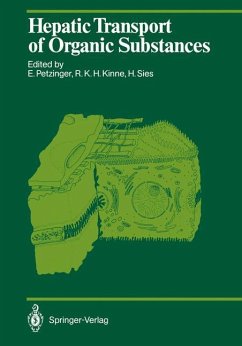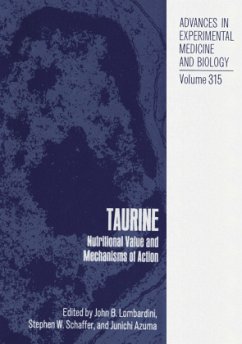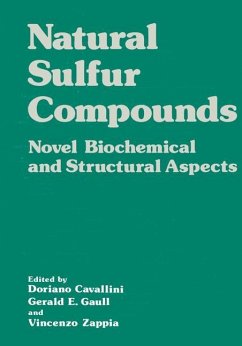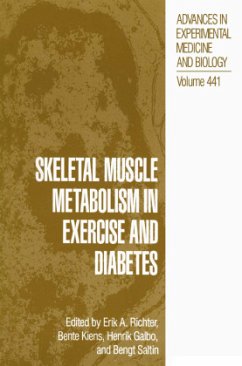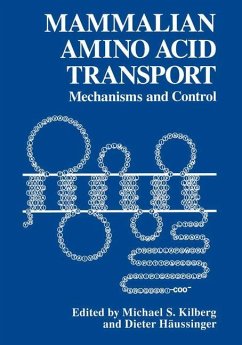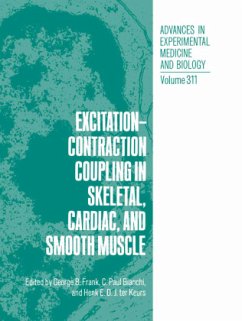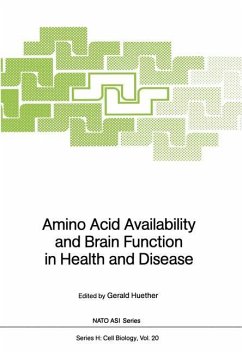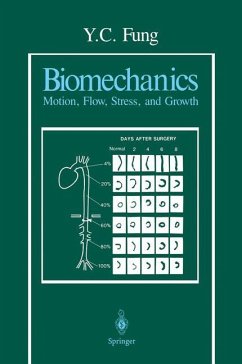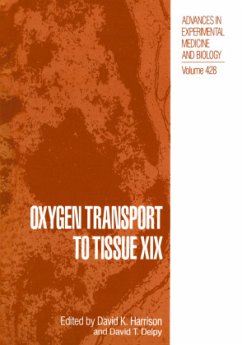
Glutamine Metabolism in Mammalian Tissues
Versandkostenfrei!
Versandfertig in 1-2 Wochen
77,99 €
inkl. MwSt.

PAYBACK Punkte
39 °P sammeln!
Glutamine is a key aminoacid for the synthesis of numerous biologic ally important compounds in mammalian cells and is a carrier form of ammonia. The advance in knowledge on the metabolic significance of this amino acid is presented in in-depth treatments by experts in this active research field. This includes the enzymology of glutamine synthe tase and glutaminase activities in different mammalian organs, notably liver, kidney and brain; properties of glutamine transport across bio logical membranes; role of glutamine metabolism in the liver, with emphasis on the recent discovery of intercell...
Glutamine is a key aminoacid for the synthesis of numerous biologic ally important compounds in mammalian cells and is a carrier form of ammonia. The advance in knowledge on the metabolic significance of this amino acid is presented in in-depth treatments by experts in this active research field. This includes the enzymology of glutamine synthe tase and glutaminase activities in different mammalian organs, notably liver, kidney and brain; properties of glutamine transport across bio logical membranes; role of glutamine metabolism in the liver, with emphasis on the recent discovery of intercellular heterogeneity with respect to enzyme distribution and its functional consequences for ammonia/urea metabolism and pH regulation; renal and intestinal glutamine metabolism; cerebral glutamine/ glutamate interrelationships; skeletal muscle; role of glutamine in cell culture; and finally the clinical aspects, including the new outlook of glutamine antagonists in cancer therapy as well as the role of glutamine in hepatic coma and encephalo pathy. Some, but not all, of the contributors to this work attended the 48th Conference of the Gesellschaft fur Biologische Chemie on glutamine metabolism held in Gottingen, W. Germany, in September 1983. This conference was supported by the Stiftung Volkswagenwerk, Dr. H. Falk Foundation, Freiburg, and the J. Pfrimmer Co. , Erlangen. The abstracts of the contributions to the conference were published in Hoppe-Seyler's Z. Physiol. Chem. 364,1237-125,6,1983, and this book is not intended as the proceedings of that meeting.





